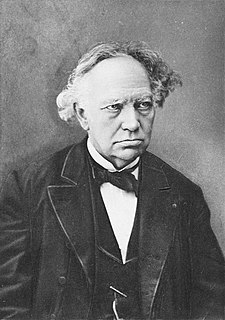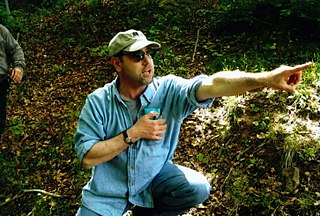A Quote by Woodrow Wilson
The man who has no vision will undertake no great enterprise.
Related Quotes
When you delve deep enough, you find that practically every great fortune and great enterprise in America have sprung from the courageous enterprise of some individual. It was Commodore Vanderbilt's enterprise in switching first from running a ferryboat to running other ships, and then, when he was well along in years, his enterprise in switching into railroading, that created what was to become one of the most notable fortunes in the history of the world.
There can be no conquest to the man who dwells in the narrow and small environment of a groveling life, and there can be no vision to the man the horizon of whose vision is limited by the bounds of self. But the great things of the world, the great accomplishments of the world, have been achieved by men who had high ideals and who have received great visions. The path is not easy, the climbing is rugged and hard, but the glory at the end is worthwhile.
As I see it, creative achievement is the very heart of the human enterprise... The destiny of man, of all men and of each man, is that he is condemned to invent what he will be - condemned if he is fearful but blessed if he welcomes the great adventure. We are responsible in the last analysis, not simply for what we are, but for what we will become; and that is a source of either high excitement or distress.
Do not undertake a scientific career in quest of fame or money. There are easier and better ways to reach them. Undertake it only if nothing else will satisfy you; for nothing else is probably what you will receive. Your reward will be the widening of the horizon as you climb. And if you achieve that reward you will ask no other.
It remains true that great managers recognize individualities and focus on developing strengths rather than weaknesses. Great leaders, in sharp contrast, recognize what is (or could be) shared in common - a vision, a dream, a mission, whatever - and inspire others to join them in the given enterprise.
In my case, I think my exile saved my life, for it inexorably confirmed something which Americans appear to have great difficulty accepting. Which is, simply, this: a man is not a man until he is able and willing to accept his own vision of the world, no matter how radically this vision departs from others.
The business models in enterprise have changed pretty dramatically. A huge problem with enterprise software traditionally has been usually you sell to the customer and then they adopt the technology. The great thing about 'freemium' and the new way enterprise software is being sold is you get to try it first and then buy it.
One man may have some special knowledge at first-hand about the character of a river or a spring, who otherwise knows only what everyone else knows. Yet to give currency to this shred of information, he will undertake to write on the whole science of physics. From this fault many great troubles spring.

































